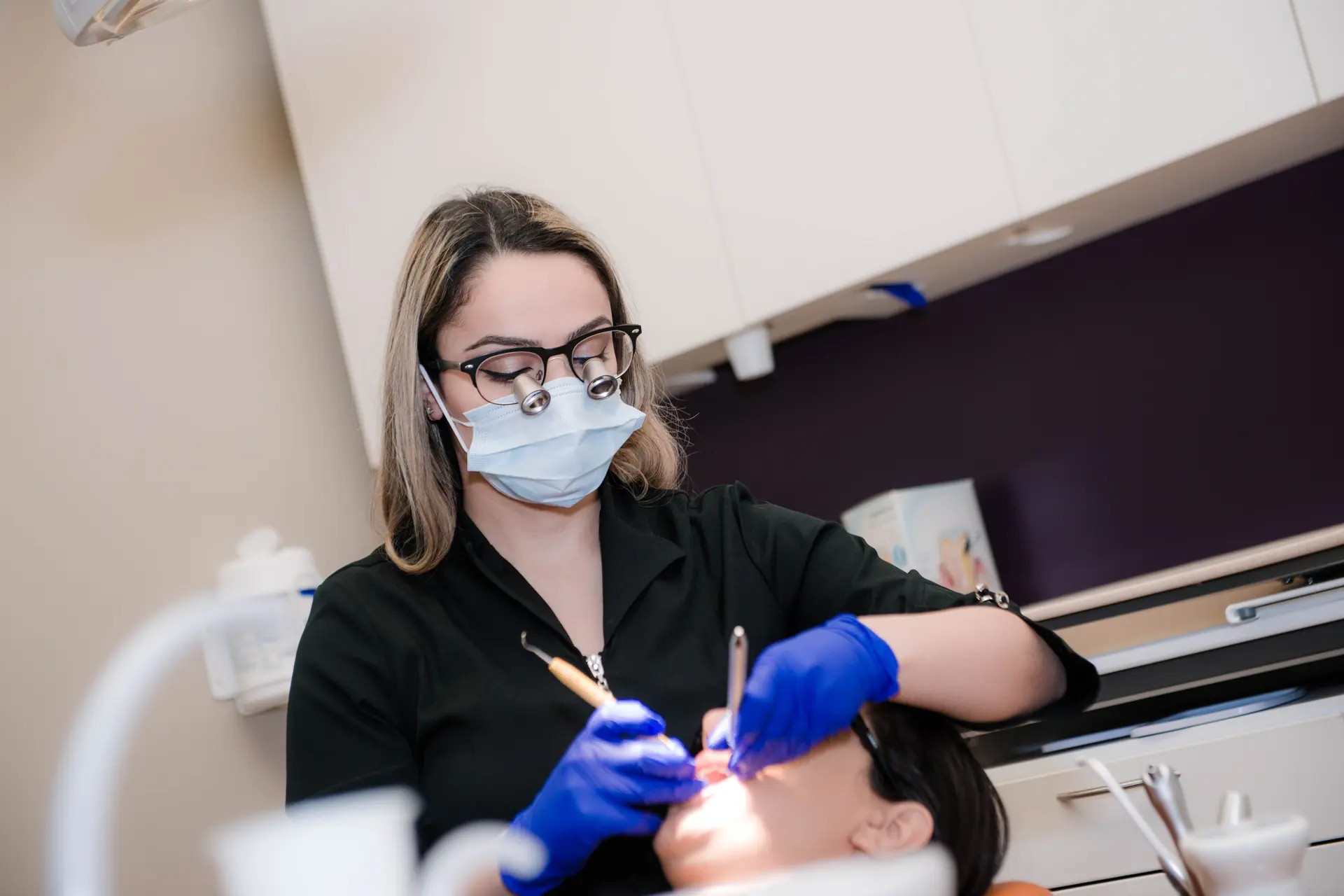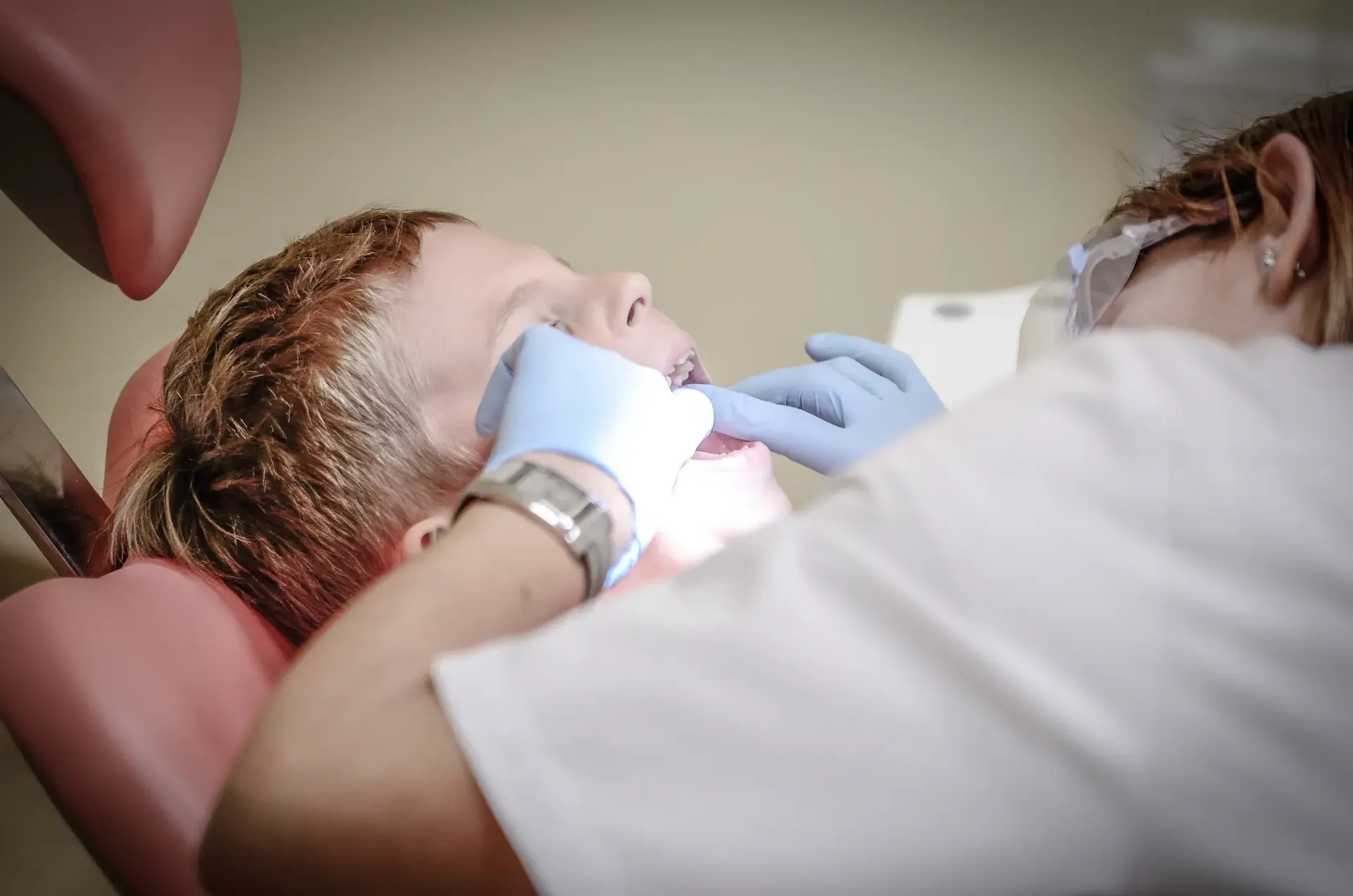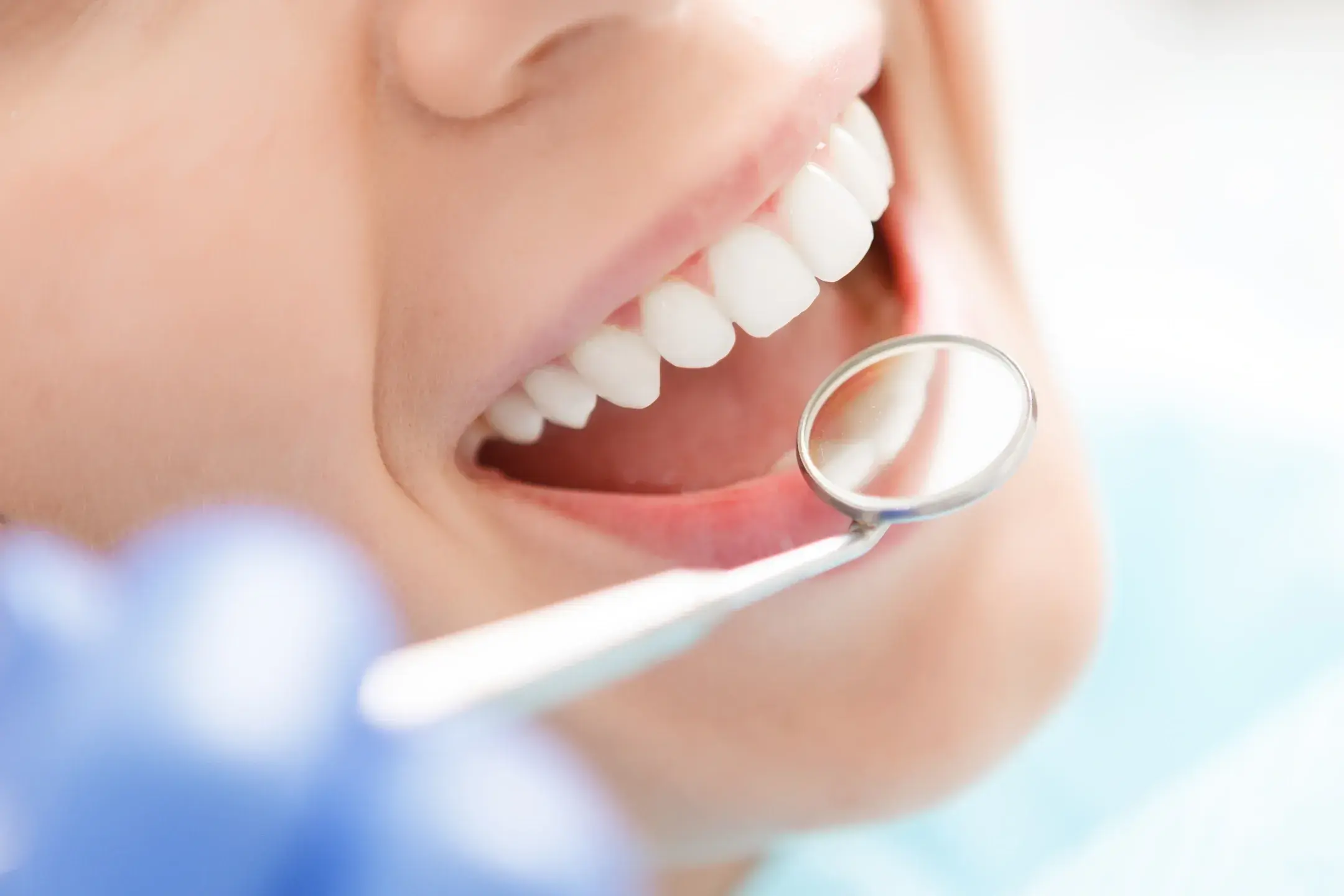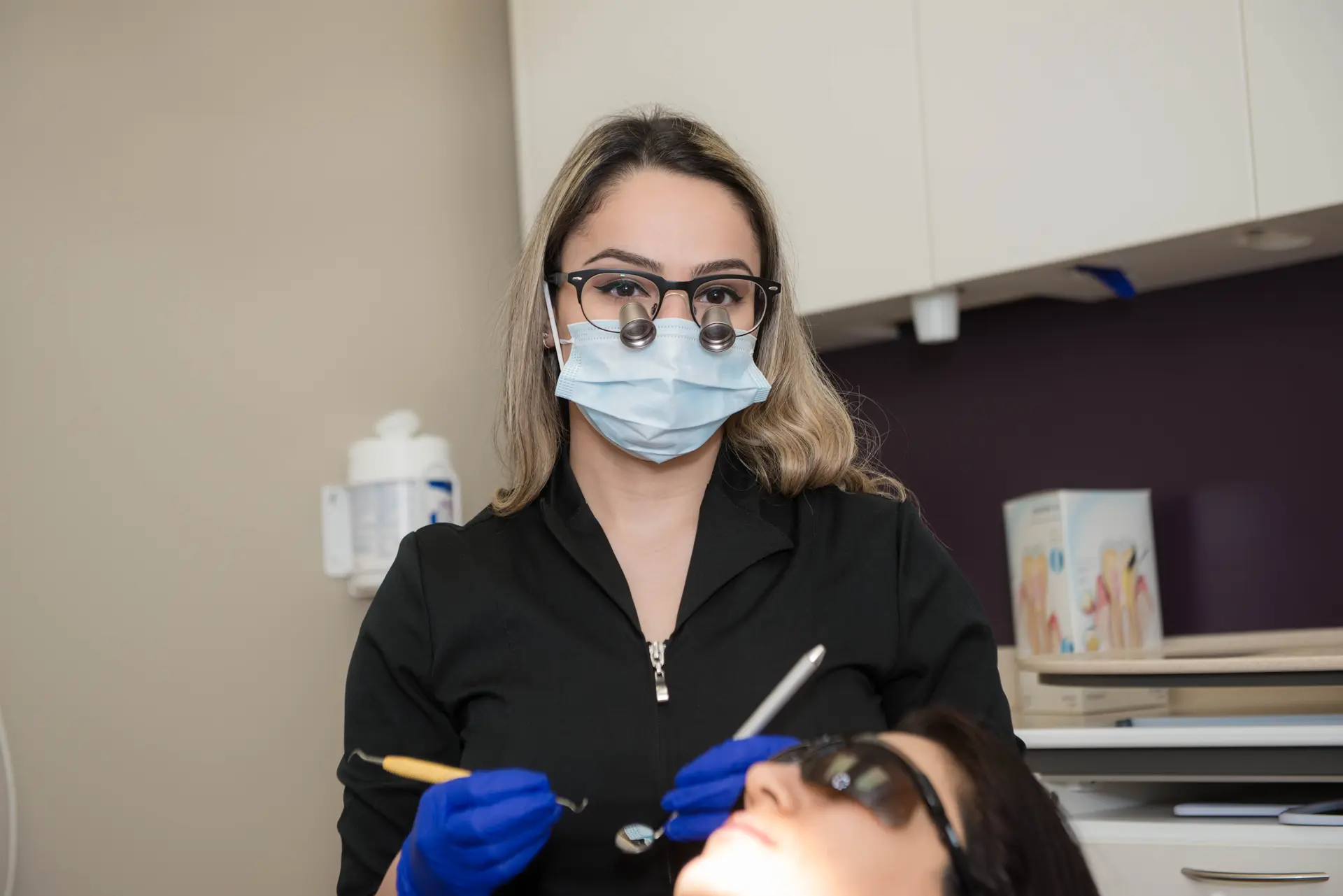







If you have any questions or concerns about your post-operative care or experience unexpected symptoms such as excessive bleeding, severe pain, or swelling, contact Centre Dentaire Laval immediately for assistance. Our experienced team is here to support you throughout your recovery journey and ensure a successful outcome from your dental procedure. We are committed to your comfort, safety, and satisfaction, every step of the way.